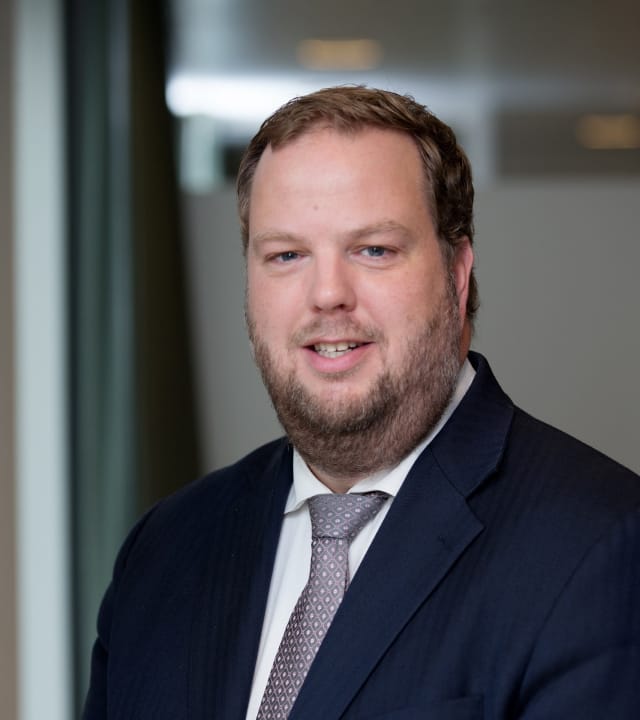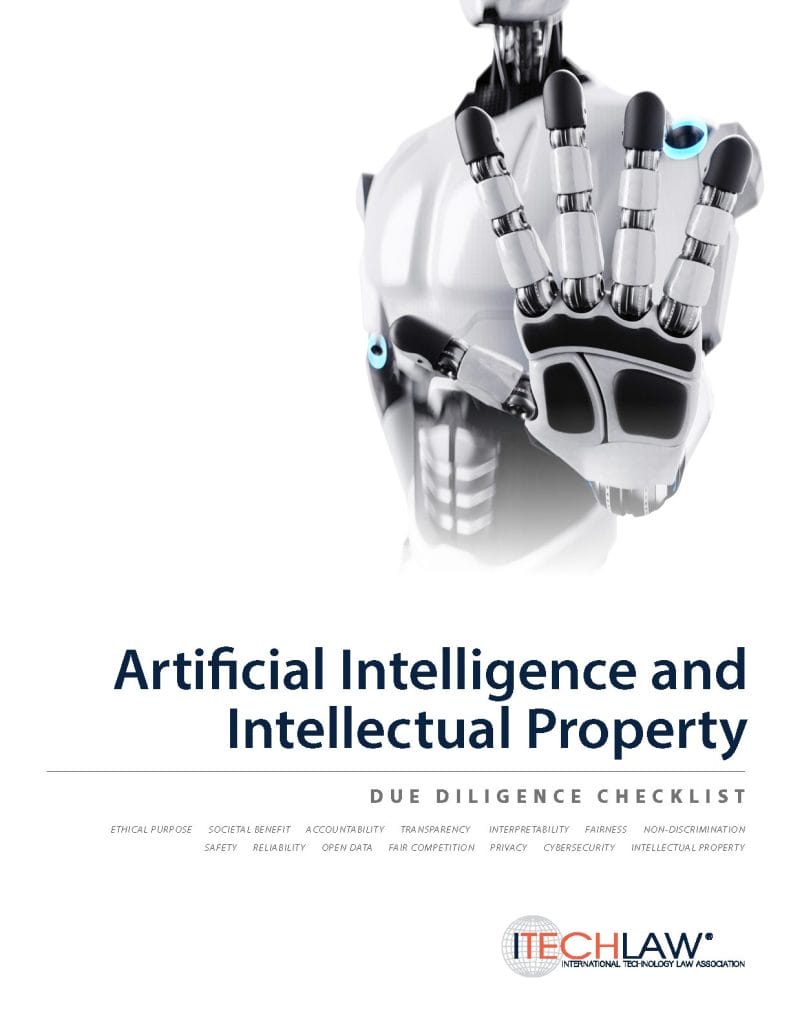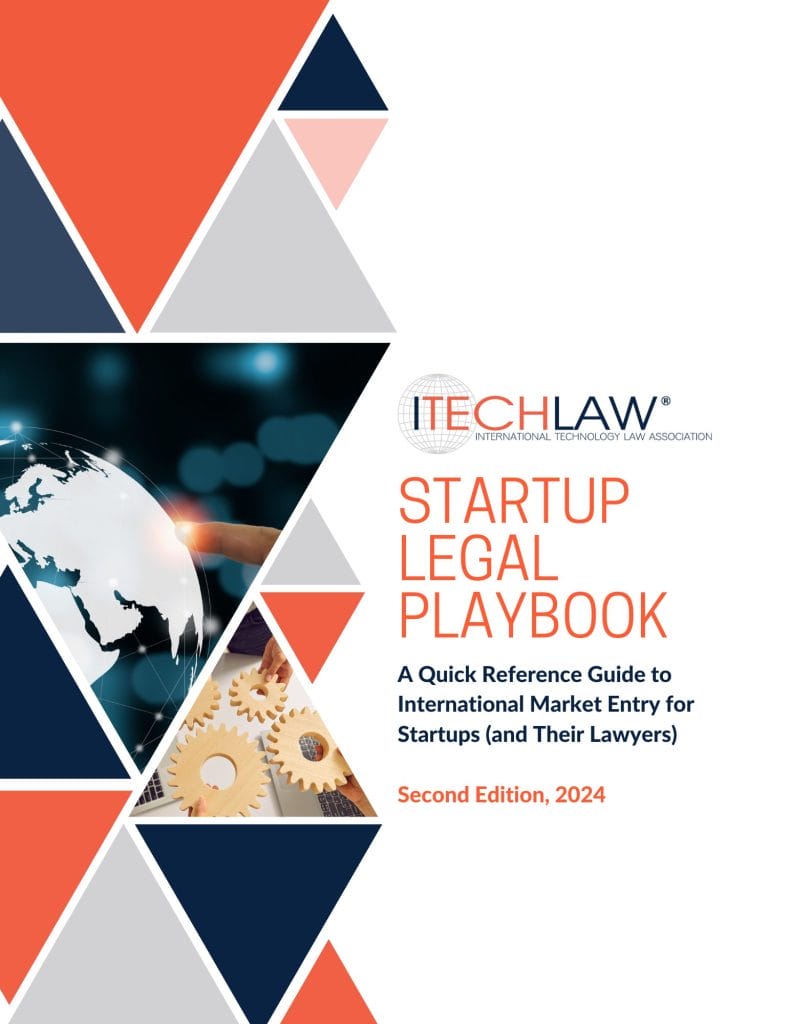HIGHLIGHTED SESSIONS
Wednesday, 14 February
1:30pm to 7:00pm CET
Registration
How does the use of large language models and generative artificial intelligence change the nature of the relationship between humans and machines, and what does the answer to that question say about what it means to be human? Our reaction to this technology (how we as humans use it and the status that we accord to it) will both be informed by and shape our answers to these questions. It will also shape our future. As humans, what questions should we be exploring to better shape that future? As professionals, how might we act on those thoughts?
Session 1
Keynote: The Human and the Talking Machine #1
How does the use of large language models and generative artificial intelligence change the nature of the relationship between humans and machines, and what does the answer to that question say about what it means to be human? Our reaction to this technology (how we as humans use it and the status that we accord to it) will both be informed by and shape our answers to these questions. It will also shape our future. As humans, what questions should we be exploring to better shape that future? As professionals, how might we act on those thoughts?
Keynote

Éric Salobir, Human Technology Foundation, France
Éric Salobir is the President of the Executive Committee of the Human Technology Foundation and the founder of OPTIC, an international research and action network that places people at the heart of technology development. OPTIC brings together several thousand researchers, entrepreneurs and technology developers. This network carries out research projects in practical ethics leading to the publication of articles and reports (www.optictechnology.org). It also assists public policy makers and entrepreneurs in assessing the impact of technologies through coaching and training. In Paris, the network runs Lab.222, a think tank dedicated to ethical innovation. A graduate of the ISC Paris business school, Eric Salobir has worked at the French Embassy in Prague (economics and trade section), and at Crédit Lyonnais (now LCL) in the investment banking department in Paris. Eric Salobir joined the Order of Preachers (Dominicans) in 2000. He is a priest with degrees in theology and philosophy. He has been editor-in-chief of the radio station ROC FM and a member of the board of directors of the French Federation of Christian Radios. He was also responsible for the web TV of Catholic programs for the French television channel France 2. As an expert to the Holy See, Eric Salobir advises leaders of major companies and public policy actors on ethical issues related to disruptive technologies. He is the author of the book “Dieu et la Silicon Valley” (God and Silicon Valley).
2:30pm to 5:00pm CET
Session 3A
Keynote: The Human and the Talking Machine #2
How does the use of large language models and generative artificial intelligence change the nature of the relationship between humans and machines, and what does the answer to that question say about what it means to be human? Our reaction to this technology (how we as humans use it and the status that we accord to it) will both be informed by and shape our answers to these questions. It will also shape our future. As humans, what questions should we be exploring to better shape that future? As professionals, how might we act on those thoughts?

Éric Salobir, Human Technology Foundation, France
Éric Salobir is the President of the Executive Committee of the Human Technology Foundation and the founder of OPTIC, an international research and action network that places people at the heart of technology development. OPTIC brings together several thousand researchers, entrepreneurs and technology developers. This network carries out research projects in practical ethics leading to the publication of articles and reports (www.optictechnology.org). It also assists public policy makers and entrepreneurs in assessing the impact of technologies through coaching and training. In Paris, the network runs Lab.222, a think tank dedicated to ethical innovation. A graduate of the ISC Paris business school, Eric Salobir has worked at the French Embassy in Prague (economics and trade section), and at Crédit Lyonnais (now LCL) in the investment banking department in Paris. Eric Salobir joined the Order of Preachers (Dominicans) in 2000. He is a priest with degrees in theology and philosophy. He has been editor-in-chief of the radio station ROC FM and a member of the board of directors of the French Federation of Christian Radios. He was also responsible for the web TV of Catholic programs for the French television channel France 2. As an expert to the Holy See, Eric Salobir advises leaders of major companies and public policy actors on ethical issues related to disruptive technologies. He is the author of the book “Dieu et la Silicon Valley” (God and Silicon Valley).
Session 1
Fighting Online Hate and Harm: The Approaches, The Results #1
How does the use of large language models and generative artificial intelligence change the nature of the relationship between humans and machines, and what does the answer to that question say about what it means to be human? Our reaction to this technology (how we as humans use it and the status that we accord to it) will both be informed by and shape our answers to these questions. It will also shape our future. As humans, what questions should we be exploring to better shape that future? As professionals, how might we act on those thoughts?

Éric Salobir, Human Technology Foundation, France
Éric Salobir is the President of the Executive Committee of the Human Technology Foundation and the founder of OPTIC, an international research and action network that places people at the heart of technology development. OPTIC brings together several thousand researchers, entrepreneurs and technology developers. This network carries out research projects in practical ethics leading to the publication of articles and reports (www.optictechnology.org). It also assists public policy makers and entrepreneurs in assessing the impact of technologies through coaching and training. In Paris, the network runs Lab.222, a think tank dedicated to ethical innovation. A graduate of the ISC Paris business school, Eric Salobir has worked at the French Embassy in Prague (economics and trade section), and at Crédit Lyonnais (now LCL) in the investment banking department in Paris. Eric Salobir joined the Order of Preachers (Dominicans) in 2000. He is a priest with degrees in theology and philosophy. He has been editor-in-chief of the radio station ROC FM and a member of the board of directors of the French Federation of Christian Radios. He was also responsible for the web TV of Catholic programs for the French television channel France 2. As an expert to the Holy See, Eric Salobir advises leaders of major companies and public policy actors on ethical issues related to disruptive technologies. He is the author of the book “Dieu et la Silicon Valley” (God and Silicon Valley).
5:30pm to 7:00pm CET
Roundtable Discussions
How does the use of large language models and generative artificial intelligence change the nature of the relationship between humans and machines, and what does the answer to that question say about what it means to be human? Our reaction to this technology (how we as humans use it and the status that we accord to it) will both be informed by and shape our answers to these questions. It will also shape our future. As humans, what questions should we be exploring to better shape that future? As professionals, how might we act on those thoughts?
Session 1
Networking Break
How does the use of large language models and generative artificial intelligence change the nature of the relationship between humans and machines, and what does the answer to that question say about what it means to be human? Our reaction to this technology (how we as humans use it and the status that we accord to it) will both be informed by and shape our answers to these questions. It will also shape our future. As humans, what questions should we be exploring to better shape that future? As professionals, how might we act on those thoughts?
Friday, 16 February
9:00am to 5:00pm CET
Session 1
Fighting Online Hate and Harm: The Approaches, The Results #2
How does the use of large language models and generative artificial intelligence change the nature of the relationship between humans and machines, and what does the answer to that question say about what it means to be human? Our reaction to this technology (how we as humans use it and the status that we accord to it) will both be informed by and shape our answers to these questions. It will also shape our future. As humans, what questions should we be exploring to better shape that future? As professionals, how might we act on those thoughts?
Warning: Undefined variable $event_id in /home/itechlaw/dev.itechlaw.org/wp-content/themes/itechlaw/blocks/event-cta.php on line 4
Attend the European Conference
Don’t miss the event of the year







